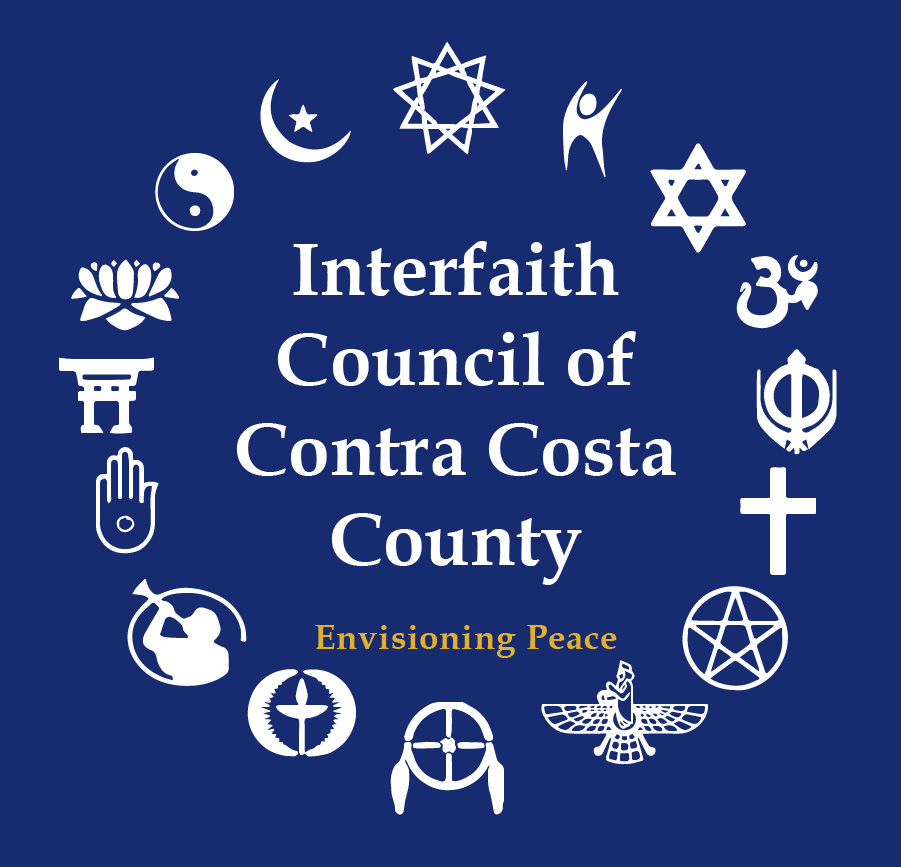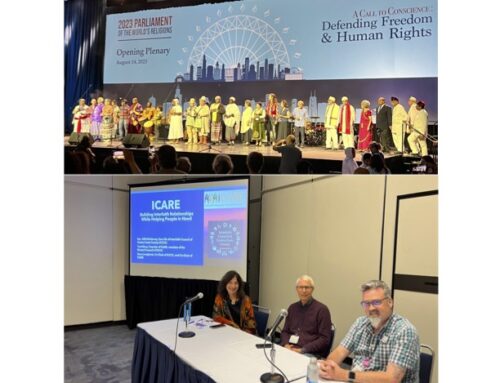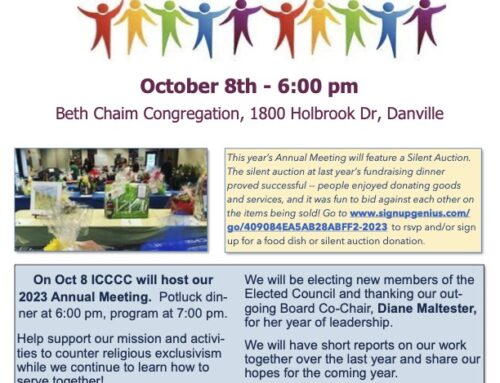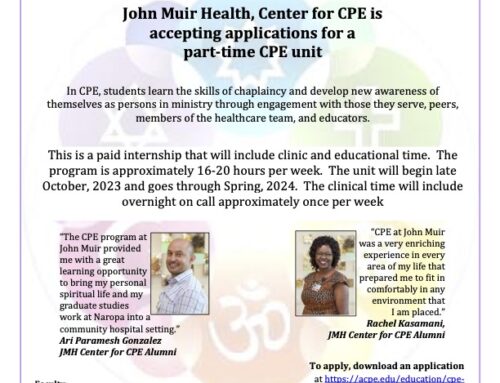East Bay program uses churches to help provide food, shelter
Deanne Vowiell has been homeless on and off for nearly 20 years, couch surfing, staying with family, sometimes living in her car, in shelters or on the streets. But on a recent night she and her teenage sons were warm and well-fed and, for a change, hopeful about the future.
For the first time, the Pittsburg mother and her children have entered the Interfaith Council of Contra Costa’s Winter Nights rotating shelter program, giving the family a place to stay at night at a local church and connecting them with services that can help provide her more stable housing in the future.
It couldn’t have come at a better time. The 49-year-old mother recently suffered a relapse and is in an advanced stage of cervical cancer requiring chemotherapy treatments. Her prognosis is uncertain.
“We lived with grandma until she passed away and her house was sold,” Vowiell said. “We went to different families’ homes and lived all over…but health issues prevented me from doing a lot of things.”
Most importantly, Vowiell wanted her 14- and 17-year-old sons to stay together in school in the Mt. Diablo School District where they were thriving. Sometimes they stayed temporarily with their godfather and their mom would try to survive on her own.
“They (Vowiell’s sons) would go with him and I would be by myself,” she said. “It is very hard” being homeless.
The family has gone to other area shelters but her boys were often separated into the adult men’s section, and she wanted to keep them with her. Her daughter, 21, is now on her own.
At Winter Nights, families stay together in small tents, with access to showers, and are served dinner and breakfast each day by church volunteers who supply the food. A traveling tutor even comes each night for an hour to help students with their homework.
Will McGarvey, executive director at Interfaith Council of Contra Costa County, said providing stability for the students is a goal of the program. Most are referred by a school, as was Vowiell, or social workers or 211, a Contra Costa helpline.
“We try to make sure the kids will go to the same schools, so there is the least disruption as possible,” he said, noting a van is available to drive students to school.
At Winter Nights, during a recent stay at a Lafayette worship center, Vowiell’s boys were thrilled to have access to Wi-Fi, so they could play games on their PlayStation. Basketball courts and a Foosball table also helped to keep them occupied.
“The boys say it’s ‘too good to be true,’” Vowiell said, noting it will be only two weeks and the family will have to move again to another church in the program that’s hosting a shelter.
“My oldest son is about to graduate early; it’s hard to move all the time, but they’re OK with it,” she said. “I want permanent housing so I can be stable for them.”
Vowiell is hopeful she’ll soon find permanent housing, working with county services under the support of Winter Nights. She recently was granted disability status, now has a bank account where she can deposit a small survivor’s benefit for her younger son whose father died, and is establishing credit with the hope of getting into a low-income apartment some day.
“This is the first time ever I got such help,” she said. “Before — at other shelters — we didn’t get anywhere.”
Connecting the homeless will other services is one of Winter Night’s main goals, McGarvey said.
“There are different programs for different people, depending on their life circumstances,” he said.
Winter Nights works with Opportunity Junction to help improve job skills, the Contra Costa Child Care Council, Contra Costa County homeless services and Shelter Inc. for transitional and permanent housing, among others.
Bill Shaw, who works directly with the clients, said the homeless come from different backgrounds and locations.
“None of our families fit the stereotypes,” he said. “When we look at families, it’s a different niche, they want the structure… they would rather be here than nowhere.”
The program serves a lot of working adults who can’t afford the increasing rents or who have lost their homes or apartments for a variety of reasons, Shaw said.
“I can give 80,000 reasons why they become homeless,” he said.”It could be a relationship that went south and now they are with just one income, or the rent went up and they can’t make it. Sometimes there’s an issue with in-law and the whole family becomes homeless.”
The Pleasant Hill-based program keeps the names of the participating churches secret to protect domestic abuse victims, McGarvey said.
The Winter Nights program can serve only up to nine families or 30 people at a time, Shaw said, and refers homeless who are single to other programs.
“I always have waitlists and we have to turn them away,” Shaw said. “We turned away about 200 because we have no space.”
McGarvey said Winter Nights is now trying to duplicate the Central County program, which runs throughout the school year, in East County, which now runs only eight weeks each year beginning Dec. 30.
In its 16th year, Winter Nights has only found two churches that have facilities and are willing to host their rotating shelter program in East County, Shaw said. However, many others do co-host with volunteer support and food donations.
“We are hoping they (East County churches) will see and believe that they can do something — if only for one week or two.”
TO LEARN MORE ABOUT WINTER NIGHTS
For more information, visit www.interfaithccc.org.






